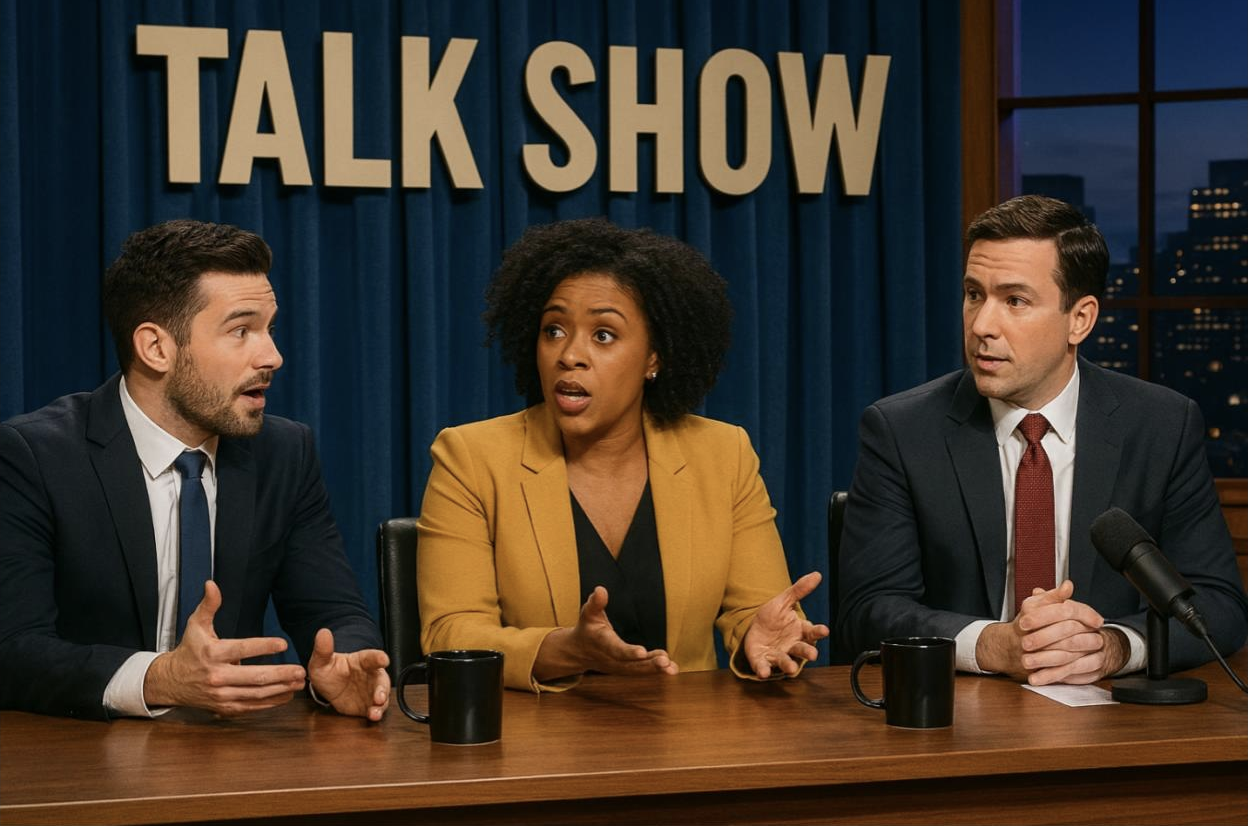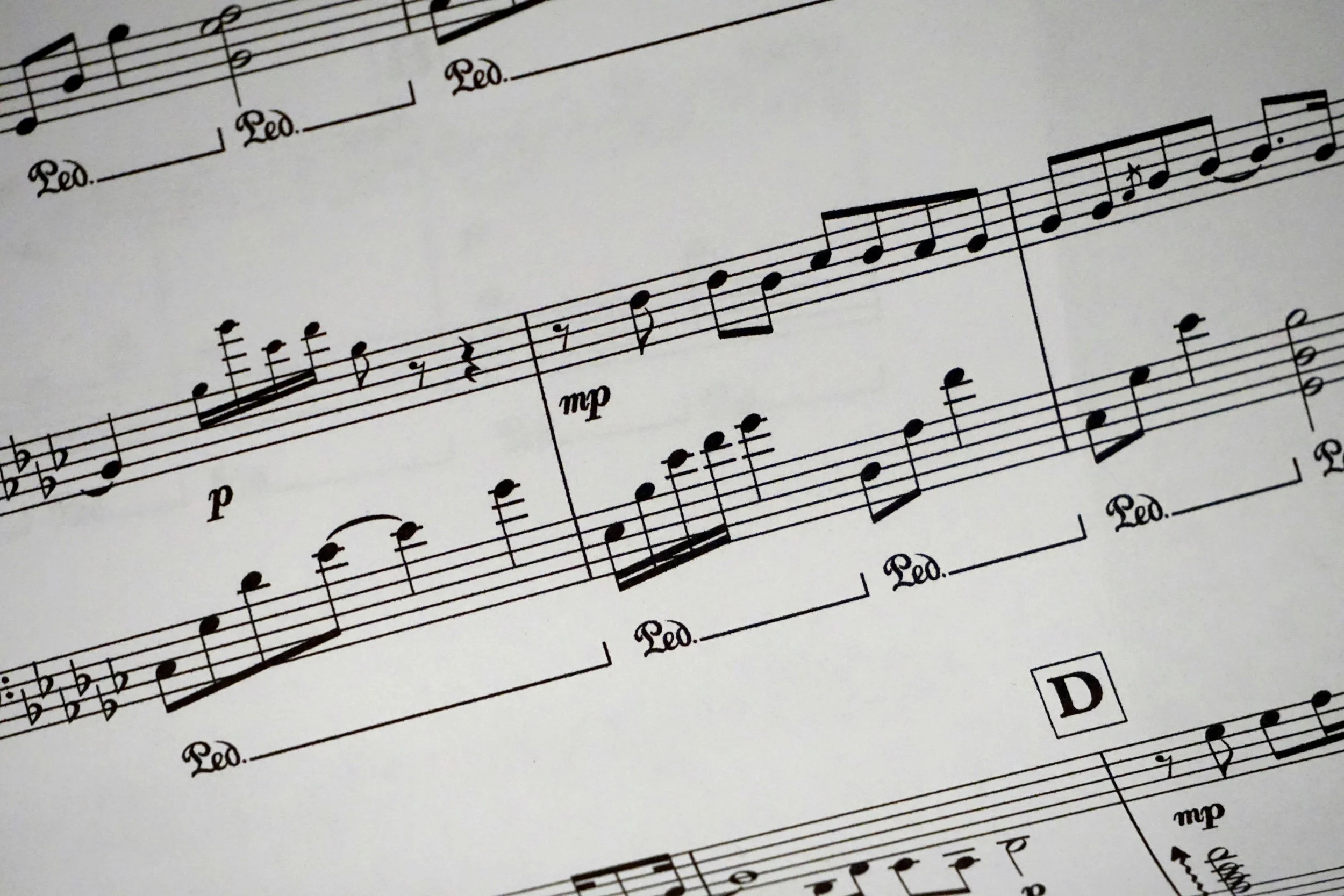
Copyrighted Images on Social Media
Perfect 10 established that copyright infringement occurs when content is stored on an entity’s server, thus establishing the server test. However, if the purpose, character, nature, portion, and effect of the work on the market substantially differ, then infringement is not present. Hunley implemented the Perfect 10 decision in social media, determining that while a social media platform hosts the photograph on its server, the platform’s terms of use likely grant the social media platform a license.

<em>USAA v. PNC Bank</em> Federal Circuit Decision Discussion
This article analyzes the Federal Circuit’s decision in USAA v. PNC Bank, which invalidated PNC’s mobile check-deposit patent under 35 U.S.C. § 101. It examines the ‘638 patent, PNC’s competing mobile check-deposit technology, and procedural history, focusing on the application of the Alice/Mayo test to determine the patent eligibility of financial technology innovations.

Earning a Fair Share: Where Copyright Law Falls Short for Creators and What Policies Have Narrowed the Divide
Musicians have long battled to be fairly compensated for the value of their work. Through strategic negotiations by the industries top artists and policymakers taking a stand, the scale is beginning to tilt in their favor.

Tension Between Fair Use Doctrine and Right to Publicity
This post explores how social media platforms, such as Cameo, have created tension between celebrities and public figures’ rights to monetize their image and control their public personas with the audience’s right to critique and comment on them under the Copyright Act’s Fair Use doctrine.

Evergreening: The Backbone of Pharmaceutical Patents
This blog introduces Evergreening and its impact on the pharmaceutical industry's control of their intellectual property.

<em>Strava v. Garmin</em>: Who is Infringing on Who?
Things are Heat(map)ing up in this Segment Between Strava and Garmin

Who Owns the BU?
An analysis of the recent copyright infringement lawsuit filed by Baylor University against Boston University for allegedly using a confusingly similar interlocking BU logo.

Post-era of Lanham Act: a brief discussion after <em>Matal v. Tam</em> and <em>Iancu v. Brunetti</em> with the concern of Trademark Freedom v. International Adaptability
This blog examines how Matal v. Tam and Iancu v. Brunetti affected U.S. trademark law trends under the First Amendment and the challenges these “immoral or scandalous” marks may face when seeking protection across international borders.

Barbie Setting an Example in Color Trademarks
Mattel’s policing of the Barbie Pink color sets an example for limiting the use of a color without the need for a registered trademark.

Trademark Infringement in the Era of Luxury Resale
This blog explores the Southern District of New York Court’s decision in Chanel v. What Goes Around Comes Around (“WGACA”) revolving around trademark infringement, its application of the Lanham Act, and potential effects on the luxury resale market.

Milk Wars: The IP of a Plant Based Revolution
As plant-based milks reshape the dairy market, trademark law defines their identity. With “milk” legally tied to dairy, brands rely on distinctive names, visual branding, and consumer perception to build goodwill and compete within FDA and trademark guidelines.

Creativity on Trial: The Broader Implications of Patents on Creative Freedom in Game Development
Video games evolve by creatively refining existing mechanics, but when should inspiration become infringement? As major companies enforce patents to protect their ideas and markets, smaller developers face new creativity challenges. Nintendo v. Pocketpair, Inc. exemplifies this tension and could reshape how the industry balances innovation with intellectual property protection.

Patenting the Machine’s Mind: Navigating the Uncertainty of § 101 Subject Matter Eligibility in the AI Era
As artificial intelligence balances on the boundary between human innovation and machine output, uncertainty under 35 U.S.C. § 101 continues to test the contours of patentable subject matter. This entry examines how evolving jurisprudence, administrative guidance, and legislative reform collectively seek to balance innovation and legal certainty.

Comparing Apples to Apples: Where Must the Line be Drawn in Trademark Law?
This blog discusses the potential impact of Apple, Inc.’s recent lawsuit in Massachusetts Federal District Court against local cinema chain, Apple Cinemas, for alleged trademark infringement and dilution.

<em>Agilent Techs., Inc. v. Synthego Corp. </em>
The Court of Appeals for the Federal Circuit affirmed the Patent Trial and Appeal Board’s decision that all claims of the ’001 and the ’034 patents were unpatentable.

The Wu Tang Trade: A Unique Application of Trade Secrets Laws in the Music Industry
In an action regarding the alleged improper usage and distribution of the exceptionally unique Wu Tang Clan album Once Upon a Time in Shaolin, plaintiffs bring claims of misappropriation and conversion of trade secrets for the misuse of the album's contents. In an unprecedented ruling, the court allowed the claims to proceed, applying trade secrets laws in ways that they have not been used before.

Choosing Trade Enforcement Over Traditional Patent Litigation
Ventria Bioscience’s Strategic Use of the ITC to Halt Competing Chinese Imports

The Bayh-Dole Act: Balancing Innovation and Oversight
Has the Bayh-Dole Act created a stable environment for institutional invention, or has governmental power gone too far?

Taylor Swift is a Pioneer of Intellectual Property Rights
Every time Taylor Swift walks out of her door she facilitates massive changes for intellectual property rights of artists in the music industry.

Copyright Infringement vs. Fair Use in the Wake of Artificial Intelligence
Thomson Reuters prevailed in its lawsuit against Ross Intelligence over artificial intelligence and copyright infringement. This ruling marks the first case to apply the four-factor fair use test to find copyright infringement by an AI model.
